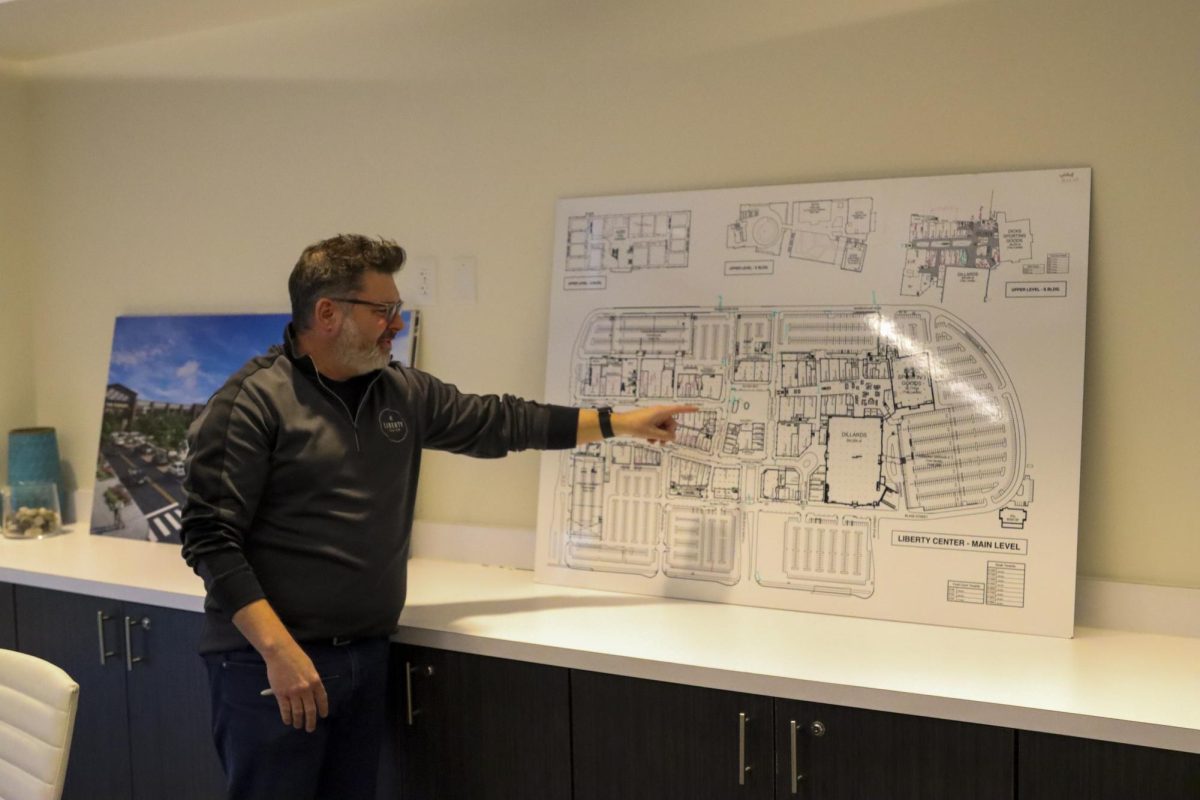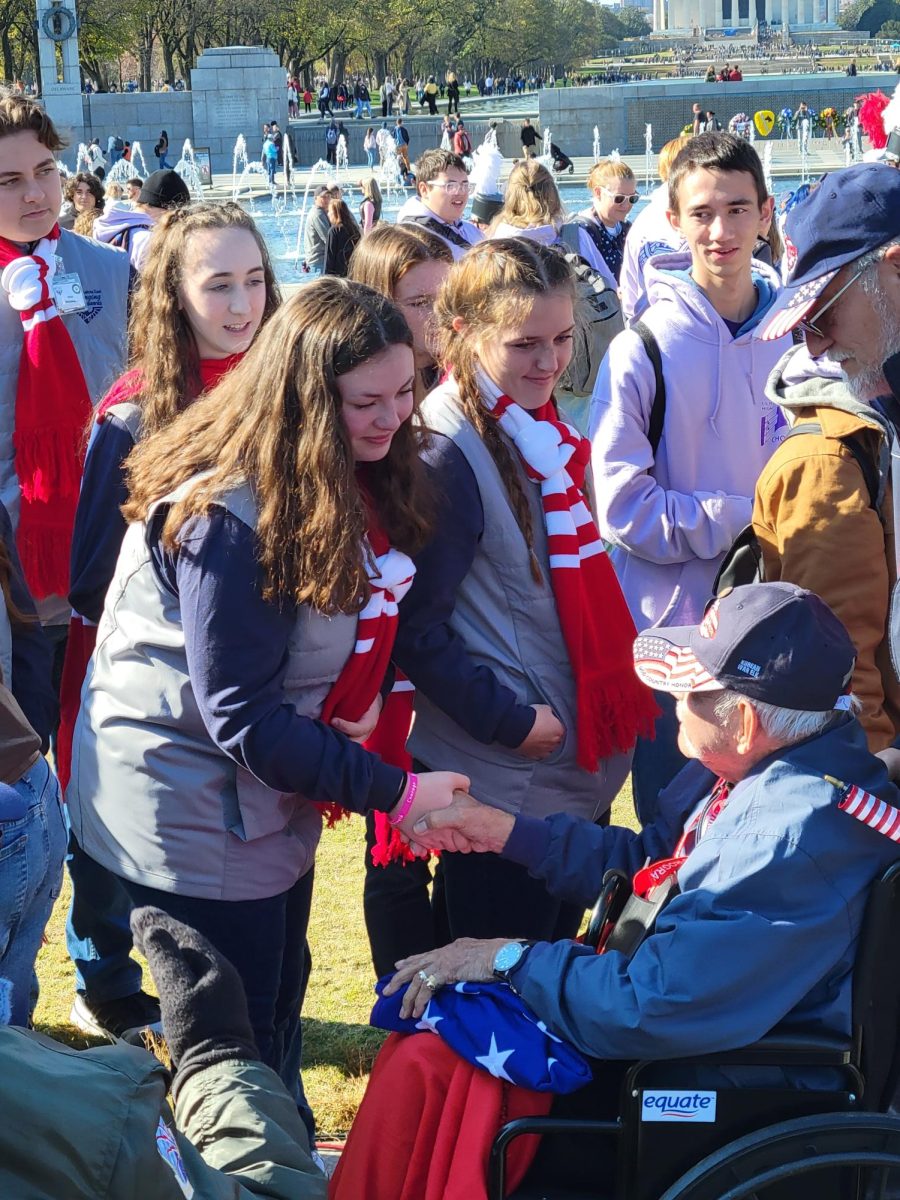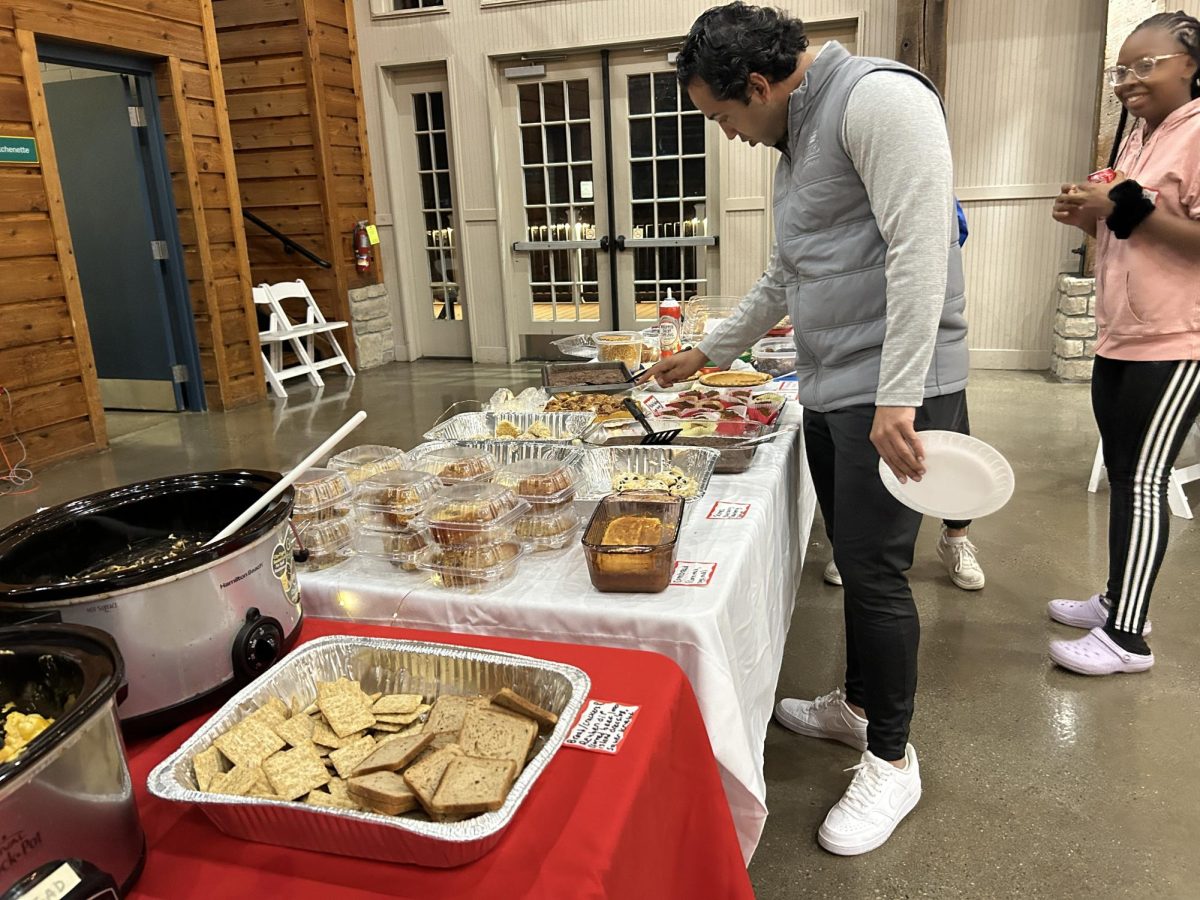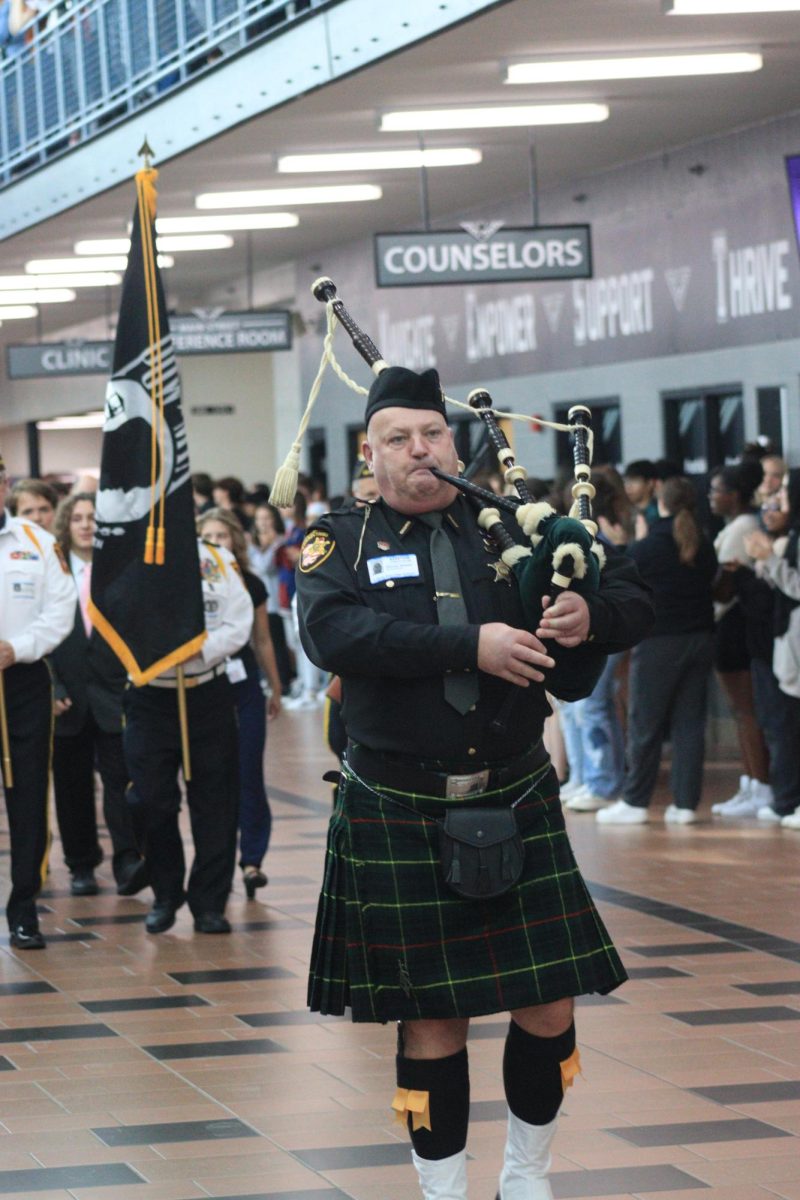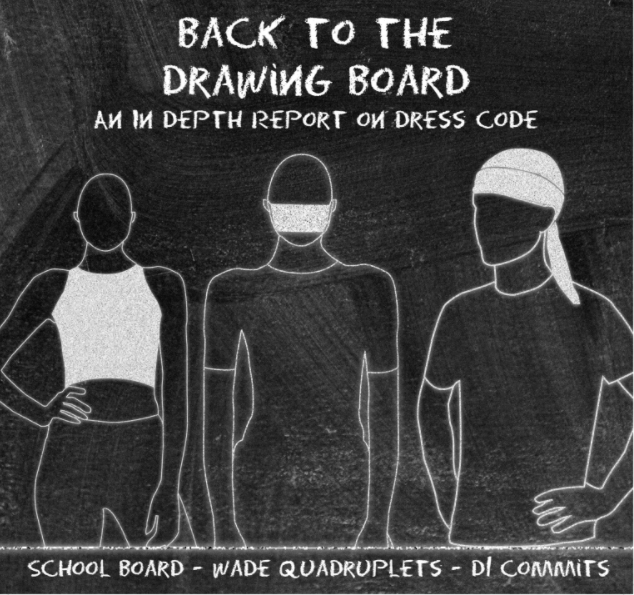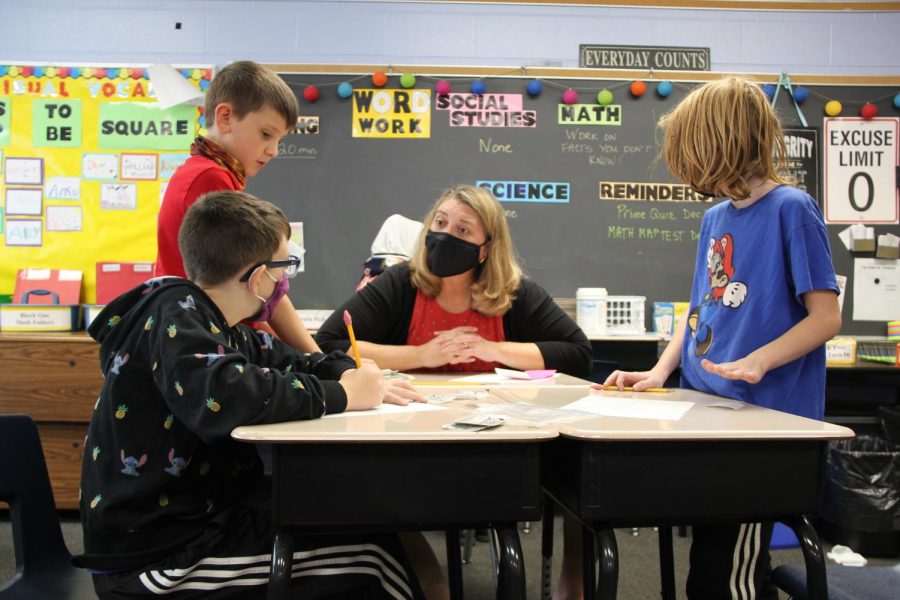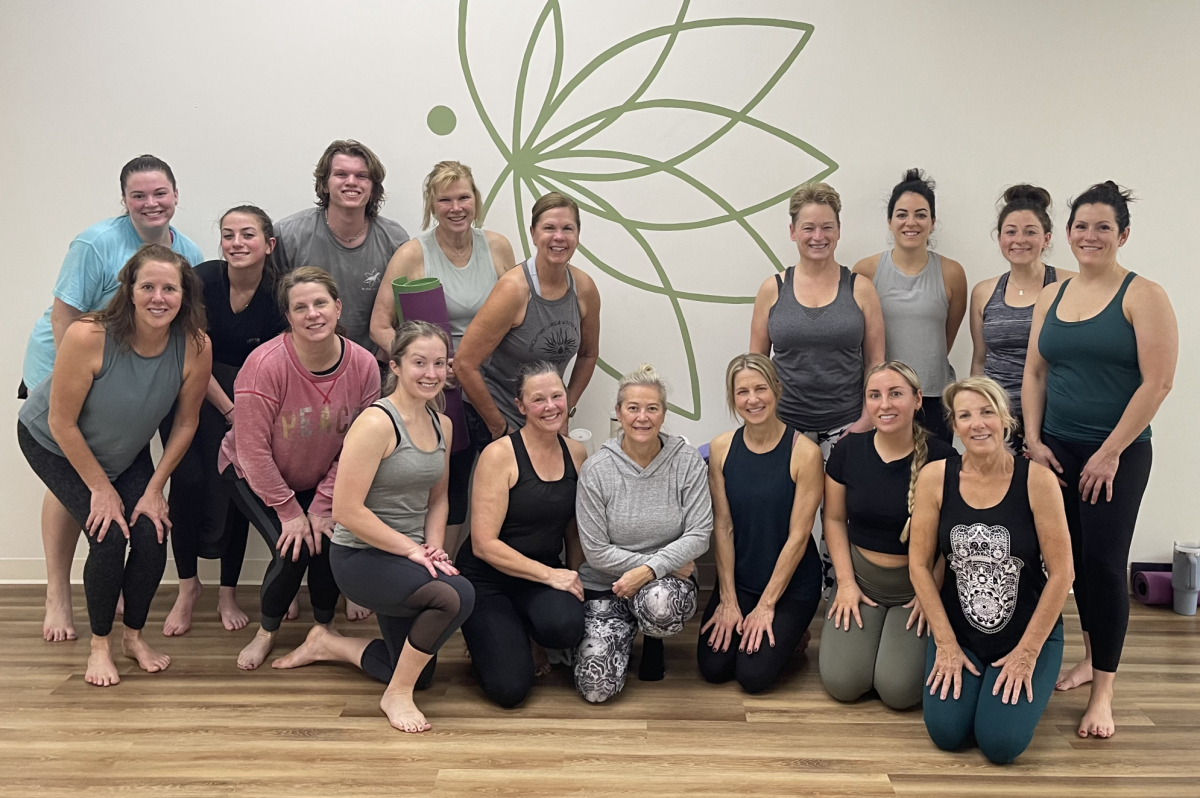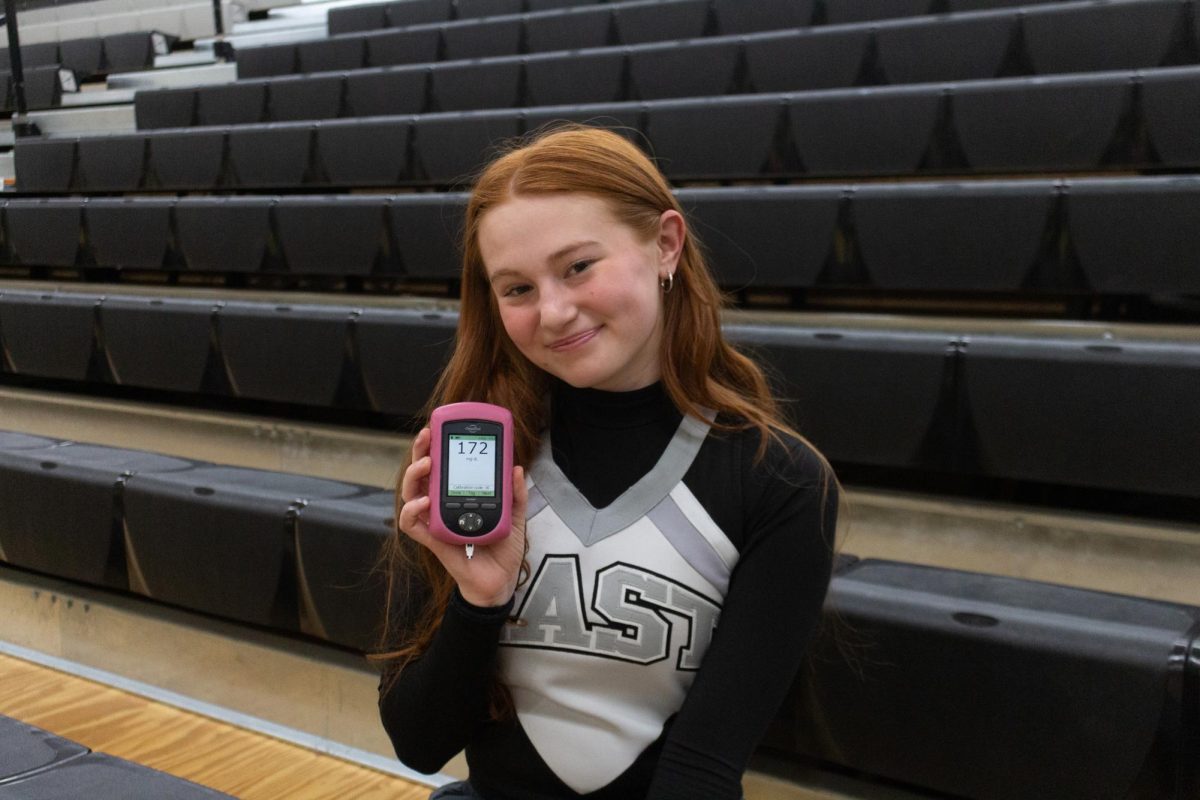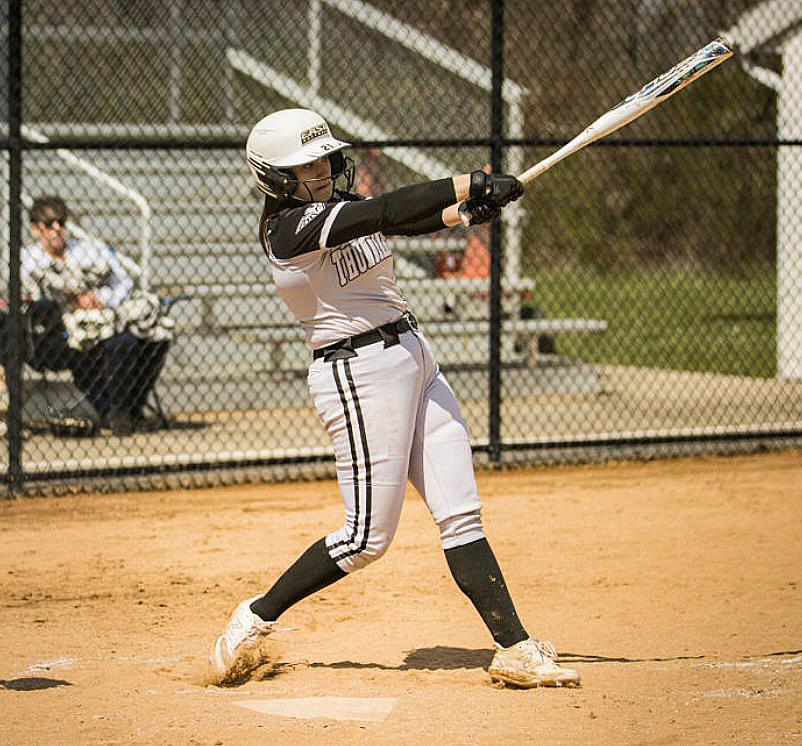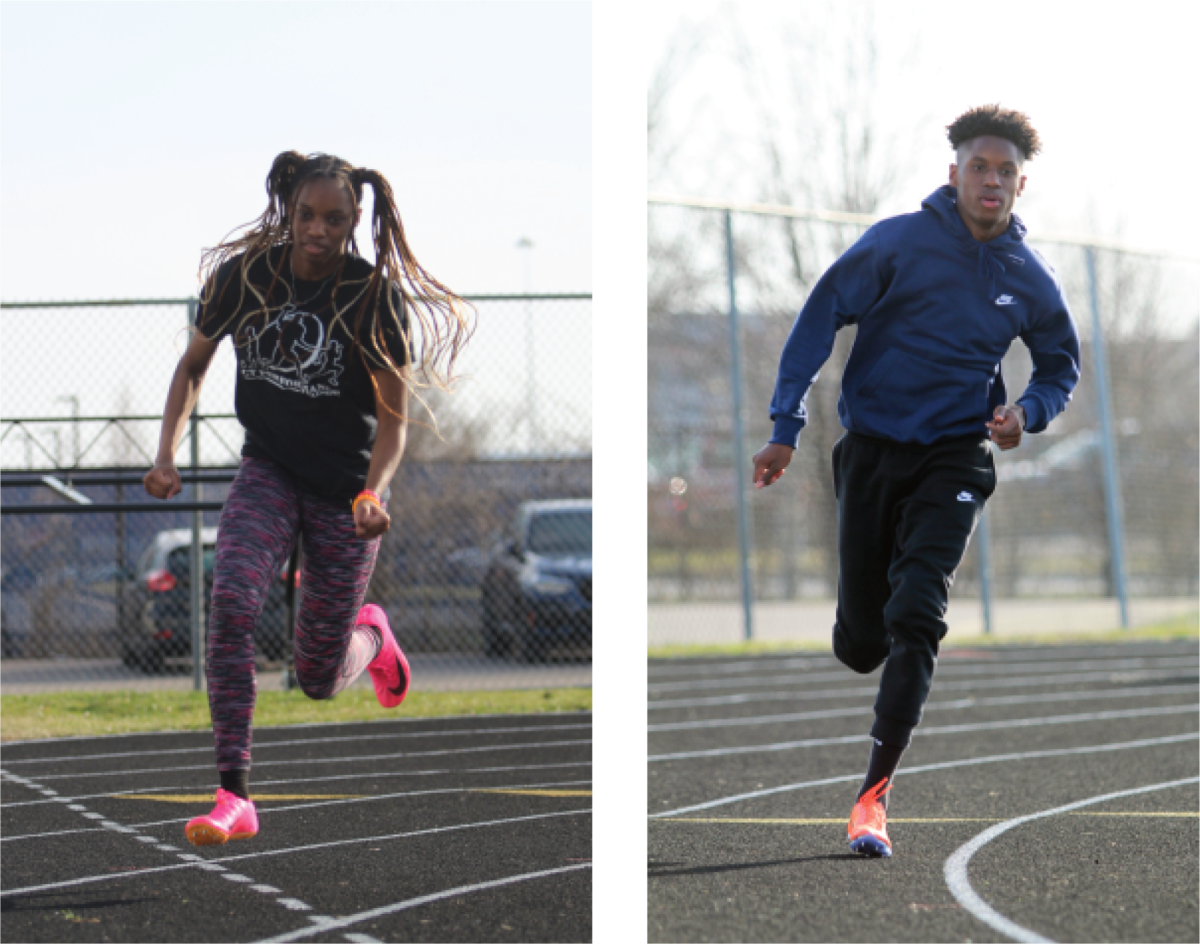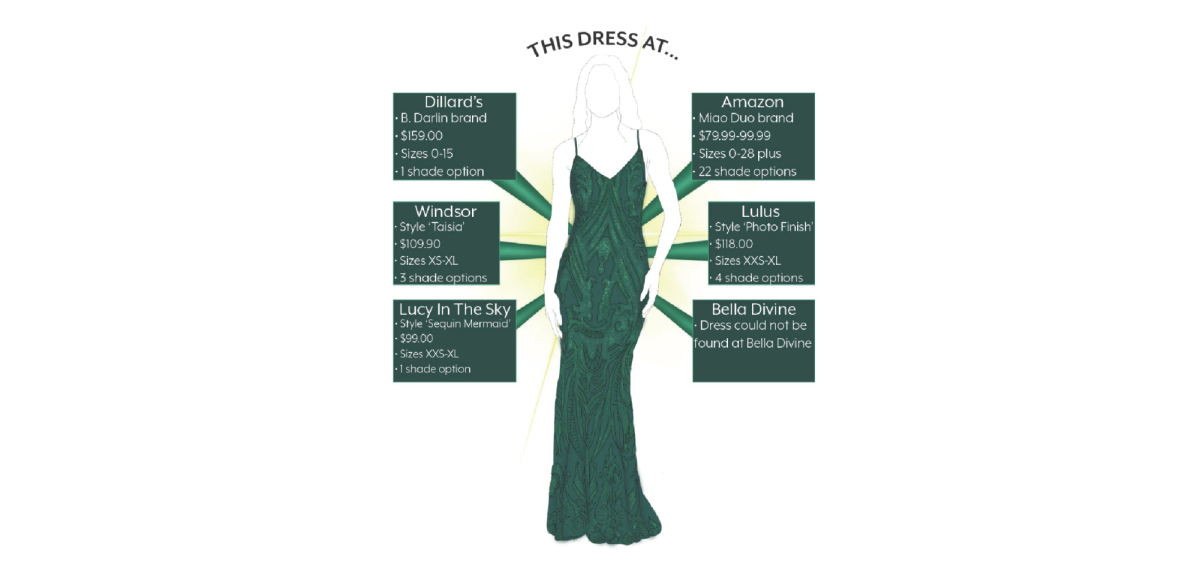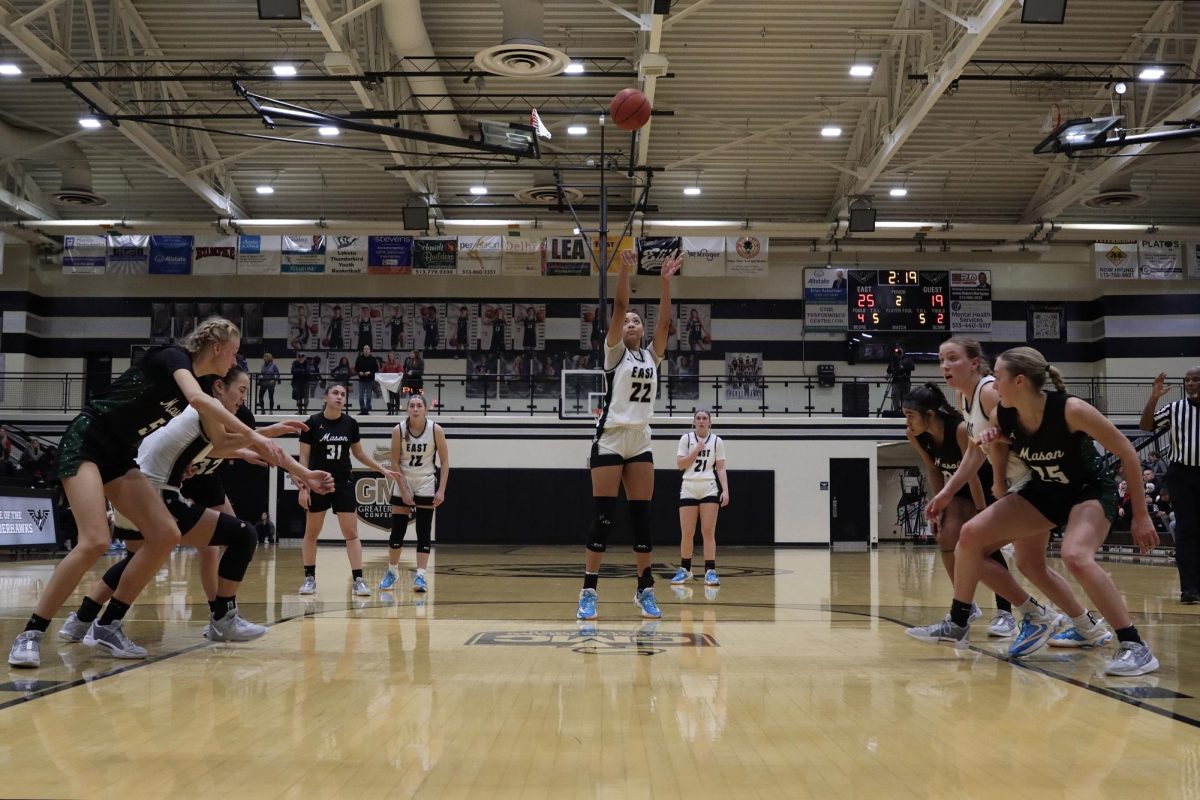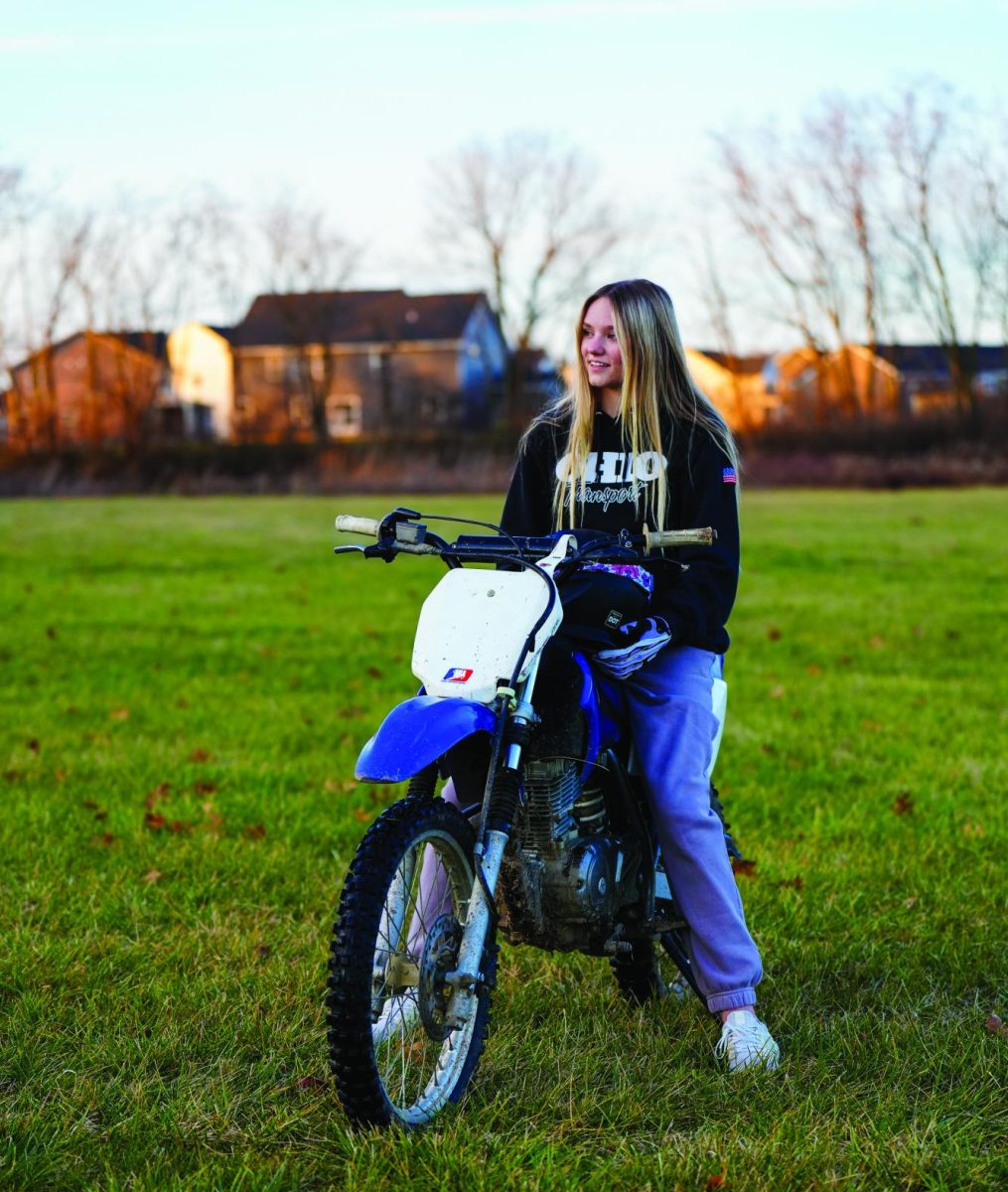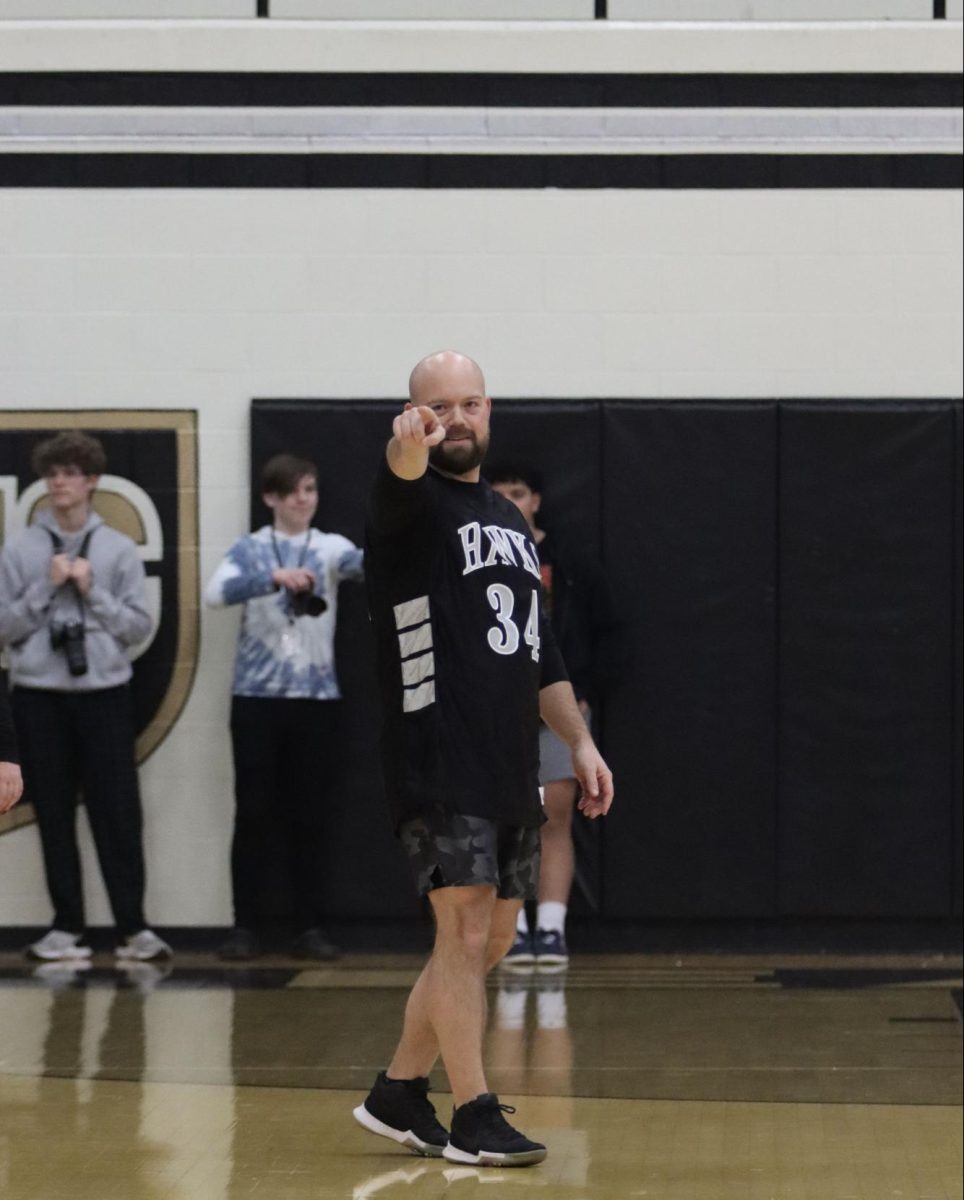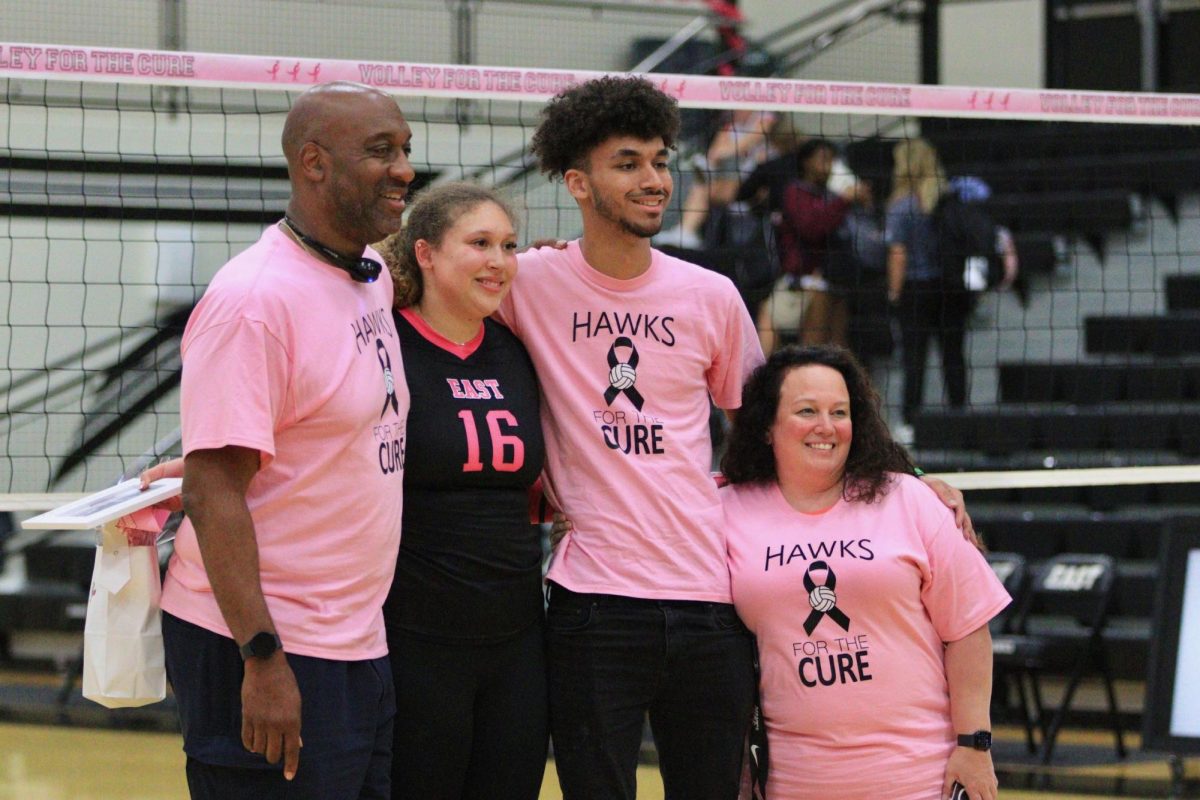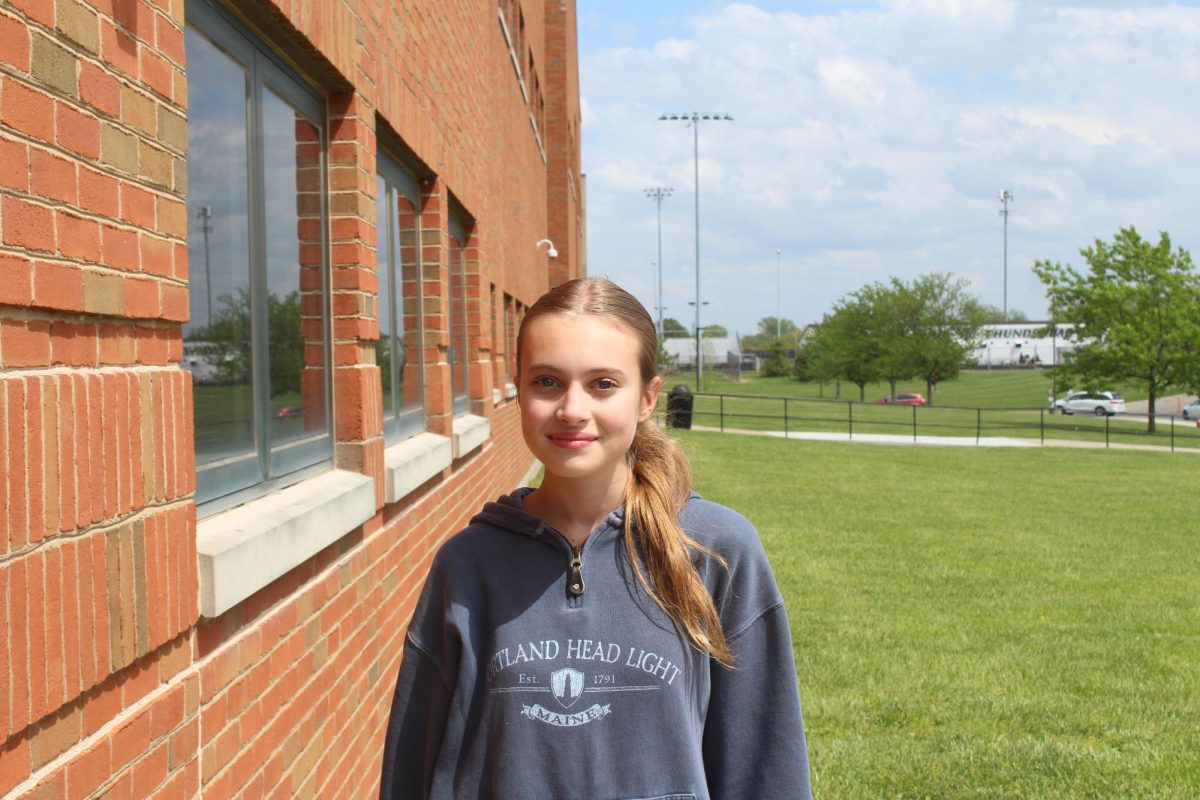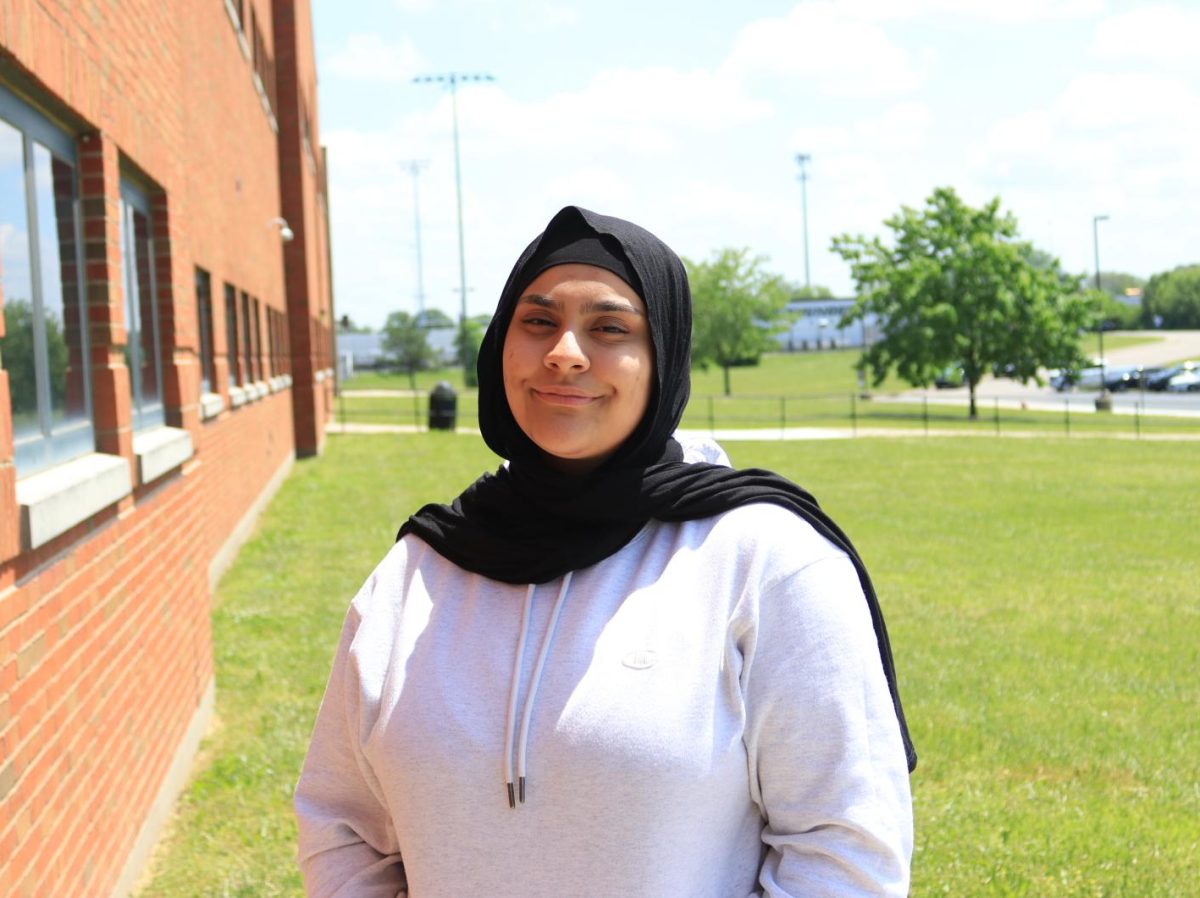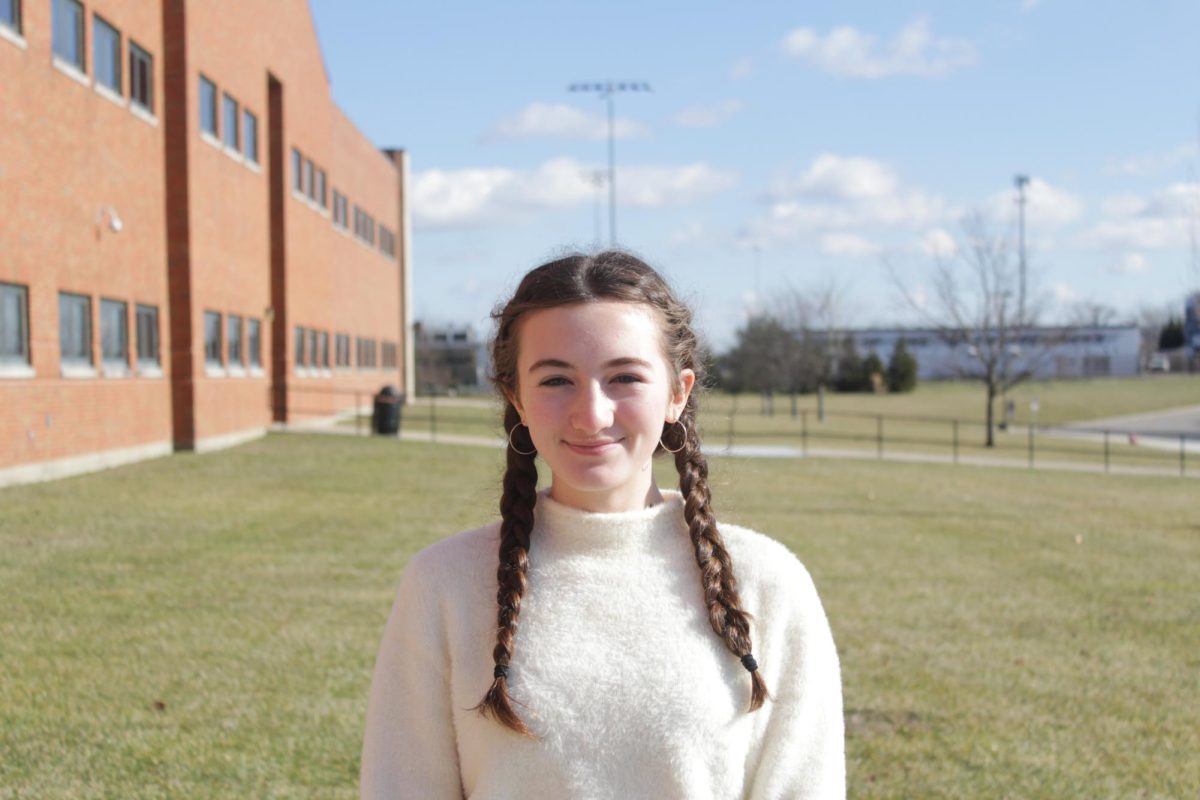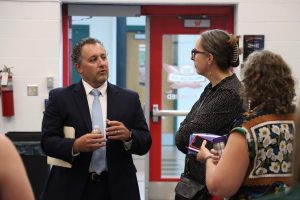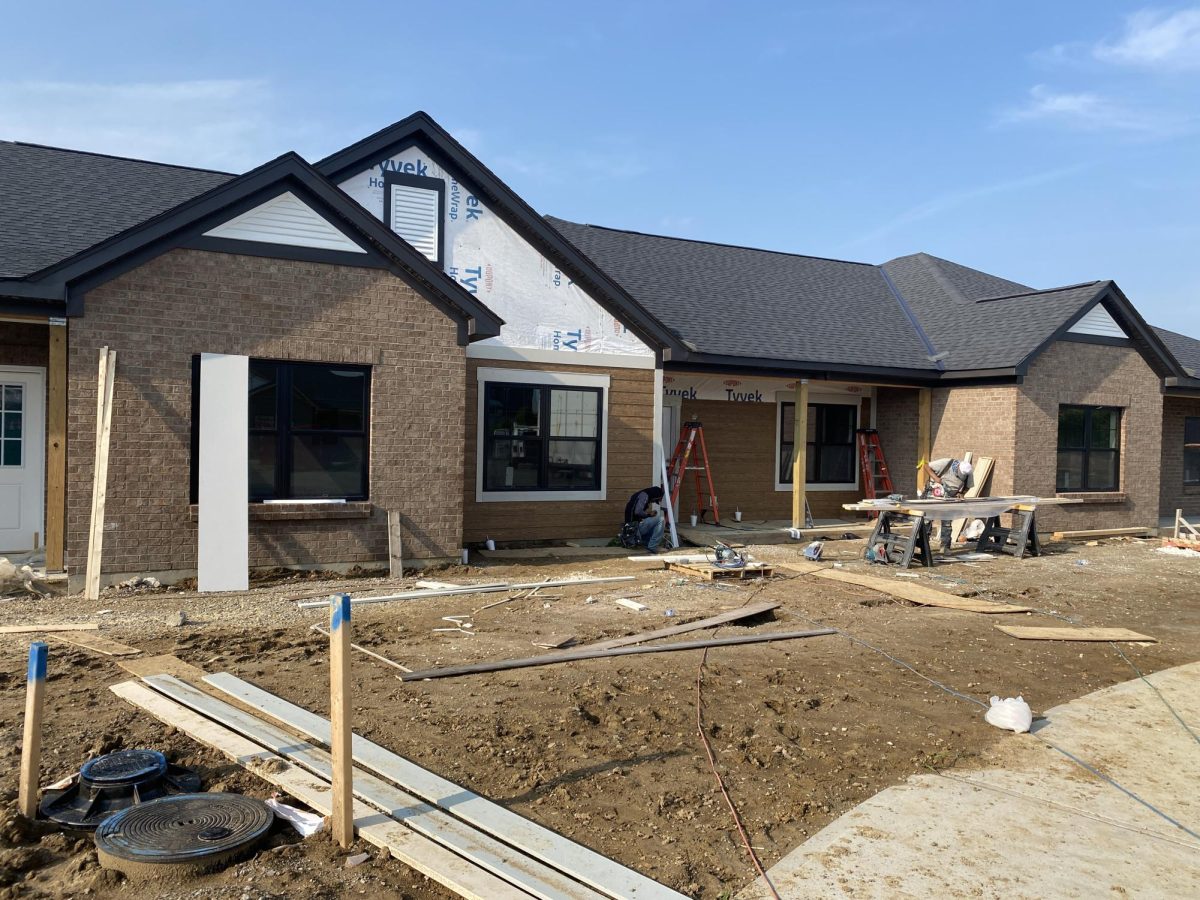story by Shiloh Wolfork | art by Kelly Johantges
The U.S.is currently the leading nation in coronavirus cases. As COVID-19 cases continue to increase in the U.S., concerns about the impact of the virus on both its upcoming general election and politics in the country are becoming more prominent.
As of April 2020, states have begun to postpone their primary elections in order to prevent increased contraction of the virus through large gatherings of people. On April 23, 2020, New York became the first state to cancel its primary, which was set to take place in June. On the other hand, Wisconsin held its primary as normal on April 7, 2020, despite controversy.
The Ohio primary had originally been scheduled for March 17, 2020. However, after Ohio Gov. Mike DeWine declared a “health emergency,” the election was postponed, one of the first states to do so. Due to this, the Ohio primary took place by mail-in voting. The deadline for voters to mail their ballots was April 28, 2020. Voters were also allowed to drive to their county board of elections to drop off their ballots by 7:30 p.m.
In a March 2020 Pew Research study, the majority of Democratic voters, 68% of left-leaning Independents, and 58% of Republicans said they would feel “uncomfortable” visiting a polling place.
According to Tisha Menchhofer-Grote, East AP U.S. Government and Politics and CP U.S. Government teacher, postponing the primaries will lead to the implementation of a different method of voting.
“Some states in the later months (March-June) of the primary have taken the health of their citizens very seriously and have made the decision to restrict mass gatherings at polling places and precincts,” Menchhofer-Grote told Spark. “They have opted to use alternative voting methods, like absentee voting/mail-in voting. This method has been used for quite some time, specifically for those who are physically disenfranchised.”
In a survey by Pew Research Center, 7 in 10 registered voters, including 64% of Republican voters and 71% of Democratic voters say postponing state primary elections has been a necessary step toward addressing the COVID-19 outbreak.
According to the Brennan Center for Justice at New York University Law, a nonpartisan law and policy organization that works to reform, revitalize, and defend American democracy, a vote-by-mail option is a key component toward ensuring that the 2020 election will occur securely and on time.
Although many worry that a vote-by-mail option would encourage voter fraud, there is no conclusive evidence that voting by mail results in a larger voter fraud threat than in-person voting, according to the Brennan Center for Justice. However, studies and research concerning COVID-19 are in a state of constant change, and the ultimate influence of the pandemic on the fall general election remains uncertain.
According to Menchhofer-Grote, the effect of the pandemic on the parties’ national conventions may be more extensive than people realize.
“The Democratic National Convention (DNC) was delayed into the week of August 17, 2020. [In my opinion,] it should have been moved further into the calendar year,” Menchhofer-Grote said. “The Republican National Convention (RNC) is the week after that (August 24, 2020). We’ll see how this virus impacts more and more people, but we may need to have a virtual convention for both parties. The two major parties and the major news networks/outlets should be preparing for this alternative.”
Rachel Blum, Assistant Professor of Political Science at Miami University, emphasizes the importance of recognizing the impact of the pandemic on the approval rating and reelection of President Donald Trump.
“[The] coronavirus could impact the general election in a more indirect way through the economy,” Blum told Spark. “Peoples’ personal economic situation in the months preceding the general election is a key predictor of whether the incumbent will win reelection. If the economy has not fully recovered by this fall, this could have negative consequences for the incumbent. Trump’s handling of the coronavirus might be enough to spur voters to turn out for Biden in November, but they might not.”
According to a Pew Research Center survey from April 2020, about 83% of Republicans rate Trump’s response to the outbreak as either “excellent” or “good,” while only 18% of Democrats say the same. In the same survey, about 52% of Americans say that they disapprove of how Trump is handling his job.
“Many Republicans remain supportive of Trump and his handling of the crisis. These voters will probably vote for Trump no matter what he does, because their allegiance to their party is as strong as a religion for them,” Blum said. “Similarly, there are some Democrats who would vote against Trump no matter what happens. The real constituency we need to pay attention to are undecided voters.”
Tom Wood, Assistant Professor of Political Science at Ohio State University, said voter turnout in the general election could go either way depending on which methods states choose to adopt.
“It might be possible that states will adopt very inclusive vote-by-mail rules to reduce the risk of in-person spread of the coronavirus via voting,” Wood told Spark. “In this case, I would expect turnout to improve. Conversely, few changes might be pursued, and individuals will be expected to vote in-person. In this situation, we’d expect turnout to be suppressed. The expected difference will depend on how we adapt our institutions to mollify voters’ fears.”
According to the National Conference of State Legislatures (NCSL), Colorado, Hawaii, Oregon, Washington and Utah currently conduct all elections entirely by mail. Additionally, Arizona, California, Florida and Montana, who also conduct their elections by mail, reported over 50% of their votes as absentee ballots.
For East senior and President of East Junior State of America (JSA) Tanya Kukreja, no matter which voting methods are instated, voting remains just as significant.
“COVID-19 has allowed me to appreciate how important science is in application, and how it should be taken into account when making political decisions,” said Kukreja, who is looking forward to voting in November. “Coronavirus wouldn’t stop me from voting, but I understand that many others will consider it a hassle to vote by mail, especially people with limited time and resources.”
Though the pandemic has resulted in different responses from the Democratic and Republican parties, Blum said the COVID-19 outbreak has been beneficial in exposing important ideological discrepancies within political parties.
“The Tea Party was one of the strongest factions in the GOP, and their stated focus was fiscal conservatism,” Blum said. “Yet they supported a president who was not particularly fiscally conservative. The key disagreement within the Democratic party has been on whether we need a fundamental transformation of America into a socialist country or not. [Overall] the key issue between the parties seems to be on governmental accountability, which is something Democrats want, but which Trump does not.”
In an April survey by Pew Research Center, 65% of U.S. adults believe that Trump was too slow in initially responding to the COVID-19 threat. The same survey found that 39% of Republicans say that Americans are overreacting to the COVID-19 outbreak, compared to 25% of Democrats.
For East senior and East JSA participant Hunter Oswald, Trump’s response to COVID-19 couldn’t have been better.
“I thought President Trump reacted very efficiently,” Oswald said. “He took the initiative to stop movement in and out of areas where the virus was before the first infection and death in the United States.”
According to Menchhofer-Grote, an overarching sense of support and urgency between the federal and local government is necessary in order to fully combat the virus.
“The intelligence reports were not taken seriously in January and February. Had a more proactive approach been taken by our executive branch, we could have been prepared for the mass production of masks, gloves, ventilators, hospital beds, preparing healthcare workers for what was to come,” Menchhofer-Grote told Spark. “There really needs to be a much more coordinated federalism effort between the federal government, states, and local government.”



